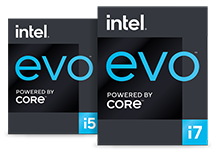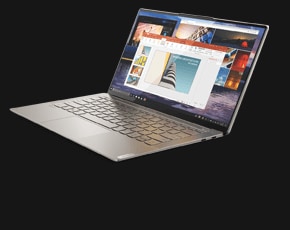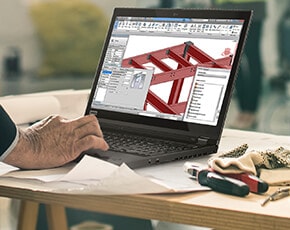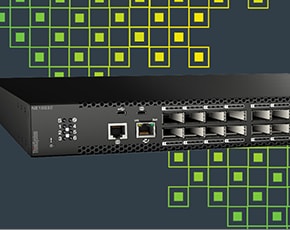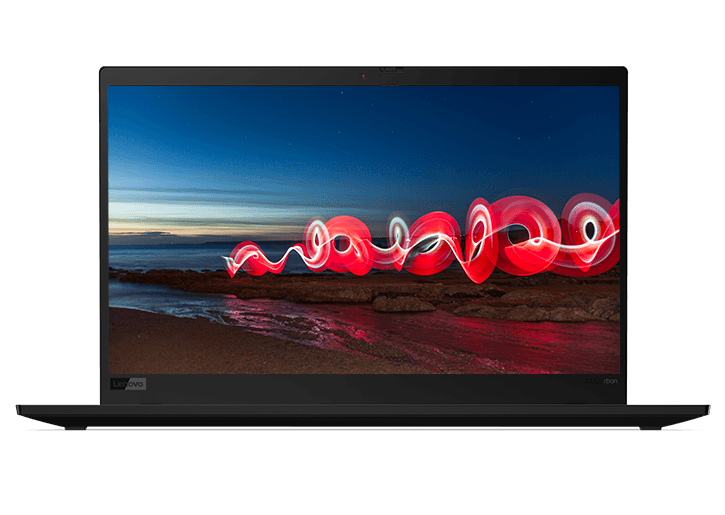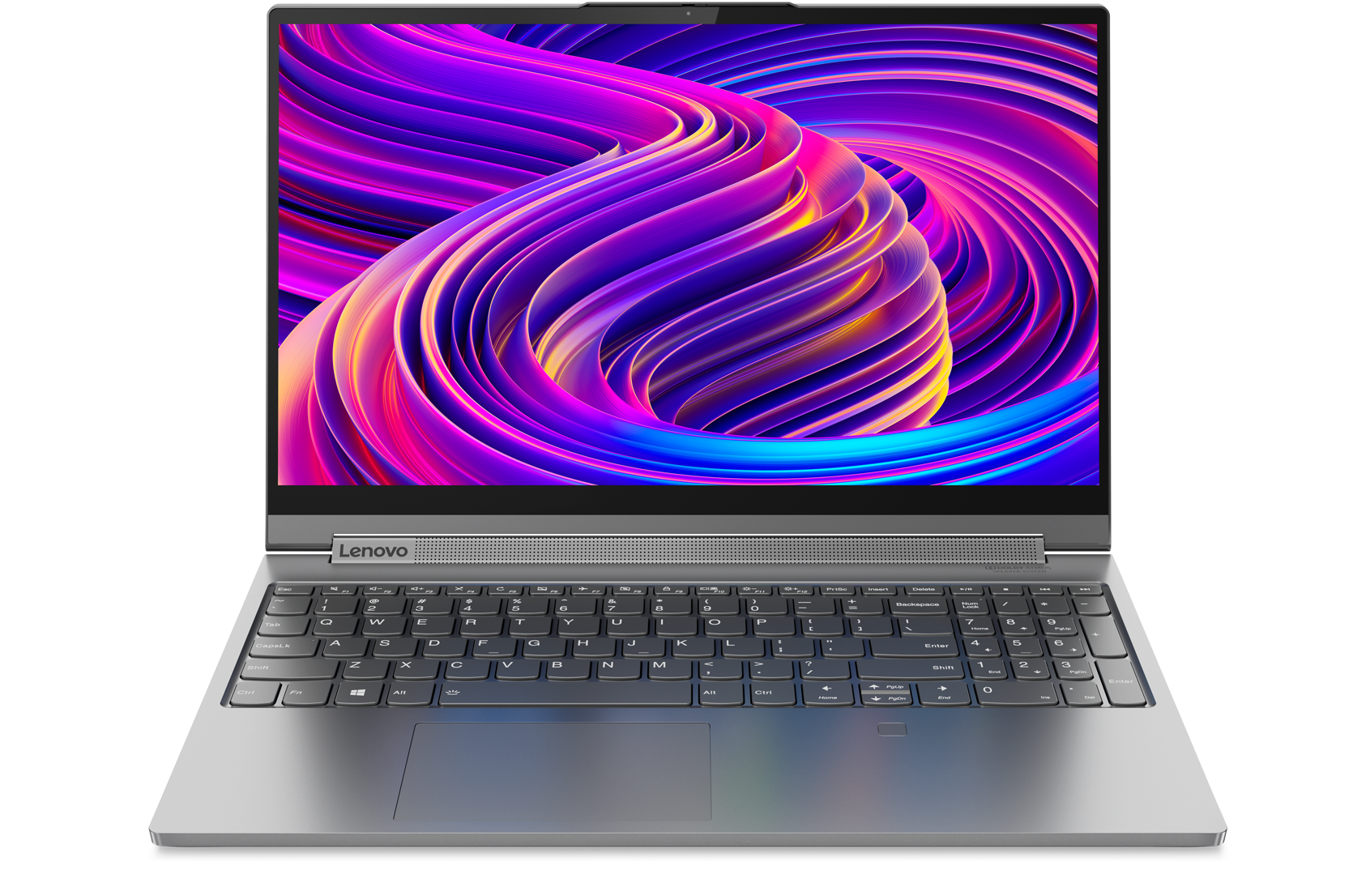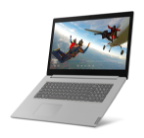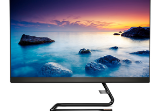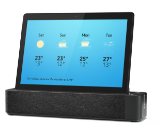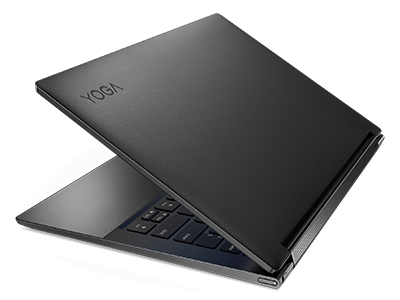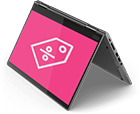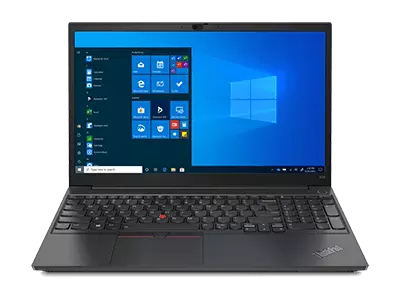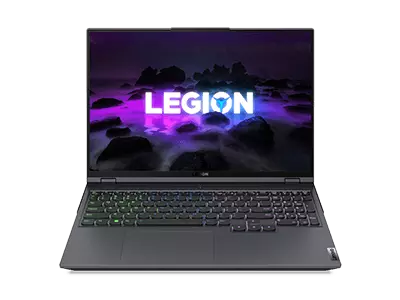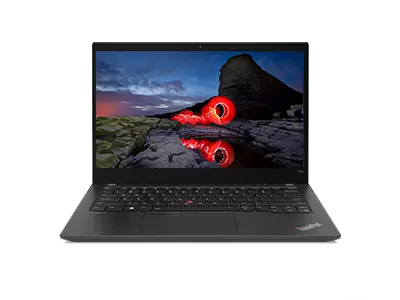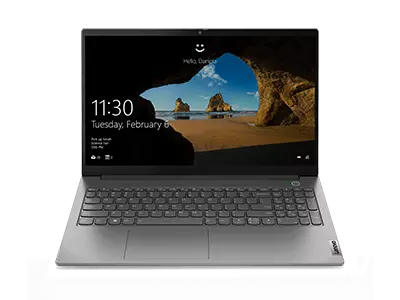Netbooks vs. Tablets: What is the difference?
Combining portability with accessibility, netbooks and tablets allow users to stay connected while on-the-go. Since their inception in 2007, netbooks have helped users enjoy the simplified features of a compact and lightweight computing tool.
Tablets such as Apple’s popular iPad proved to rival low-cost netbooks by offering additional components and capabilities in an even more compact package. There’s a specific market for each option that varies based on user's needs.
Netbooks are mostly favored for their compact size, weight and ease of use. They provide a no-frills, simple solution to tackling basic computing needs from just about anywhere. With an average LCD screen size ranging between 8.9 and 10 inches and weighing an average 2.5 to 3 pounds, netbook users can easily transport and set up their computer in almost any setting. Complete with a keyboard and input outlets like a USB and ethernet drives, netbooks most closely resemble a laptop than any other computing option. In order to compensate for their reduced size, netbooks run on less robust processing systems, which are not equipped to handle large amounts of media storage.
By contrast, tablets provide a happy medium between a laptop and a smartphone. Tablet users enjoy the greater portability and lightweight features of tablets in addition to the added functionalities that are not available on most smartphones.
Touch-screen capabilities allow for quick navigation when browsing the Internet, downloading files, streaming video and sharing files. Tablets tend to run at higher price points than netbooks due to the added capabilities and versatility. These portable devices were built to run like an enlarged version of a smartphone with the capabilities of a desktop computer. Most tablets feature the latest Windows or iOS operating systems for added reliability and productivity. Tablet owners are able to utilize different software programs through the use of applications.
Netbooks vs. Laptops: What is the difference?
While a netbook may be similar in many ways to a laptop, there are some differences, including the following:
Size: Netbooks are considered ultra-portable alternatives to a laptop owing to their compact size. Average LCD screen size ranges between 8.9 and 10 inches compared to an average laptop screen size of 15.4 inches. Note that screen size for both netbooks and laptops is measured diagonally from one corner to the other.
Hardware: Compared to laptops, netbooks are equipped with less hard drive space and processing power. Laptops can have upward of 250GB of hard drive space whereas notebooks average 16GB. In terms of processing power, laptops generally are equipped with dual-core or quad-core CPUs (central processing units) making them faster and more efficient at processing information and multitasking functions. Input options: Laptops and netbooks typically host the same input options including ethernet and USB (Universal Serial Bus) ports, although laptops are less limited in size and are able to provide more input options than netbooks. Unlike most laptops, netbooks are not equipped with optical disk drives, meaning netbook users are unable to play CDs or DVDs on their devices.
Price: On average, netbooks tend to cost a fraction of a regular priced laptop. Users should keep in mind that the cheaper netbooks also contain a fraction of hard drive space, processing power and size.
How do I choose between a netbook and a laptop?
Factors to consider when choosing between a netbook and laptop portable computer vary depending on your individual needs. Netbooks and laptops provide similar offerings with varied degrees of functionality, so when shopping for a netbook or laptop, it's important to consider these important points:
Netbook Pros:
- Lightweight and compact, making netbooks easy to transport
- Fewer components mean netbooks are a fraction of the cost of a new laptop
- Battery life tends to last longer due to less power consumption
- SDD (solid-state drive) vs. hard drive allows for faster access to data that is available
Netbook Cons:
- Optical disk drives used for playing CDs or DVDs are not included
- Lacks ability to support or upgrade to current operating systems
- Uses lower-end processors meaning reduced processing speed for graphics and streaming media
- Reduced amount of storage space for movies, pictures and documents
Laptop Pros:
- Dual-core or quad-core CPUs (central processing units) make them faster and more efficient for streaming media
- Larger hard drive supports storage for movies, pictures and documents
- Carry the latest operating system with capabilities to easily update newer versions when necessary
Laptop Cons:
- More expensive than netbooks
- Slightly larger and heavier to transport
- Higher processing power and usage abilities mean battery life may run out quicker
What are the benefits of a tablet?
Tablets offer a variety of benefits for fast and efficient computing anywhere you go. There’s no match for the tablet when combining multi-tasking abilities with portability. Whether you travel for work, are in school or a frequent vacationer, tablets easily fit in a purse, backpack or briefcase. Although smartphones also provide quick access to information, the small screen and touch pad make for a less satisfying experience when compared to a tablet.
Tablets allow users to read e-books, video chat, stream media, use e-mail, browse the Internet and share files, all with a simple tap or swipe of a finger. Equipped with the latest and most powerful operating systems, such as the Apple iOS or the Windows version, you can count on the same reliability from your tablet that you would expect from a home computer. You can personalize your user experience by downloading applications that fit your daily computing needs. Tied in with cloud computing software, tablets can also be used for sharing and collaborating with peers, co-workers and family members with the tap of a screen.
To provide users with a similar experience they would expect from a full-size computer, the average tablet contains the following features: accelerometers, gyroscopes, graphics processors, flash-based memory, WiFi and cellular chips and antennas, USB dock and power supply, speakers, camera sensors, chips and lenses and a touch screen controller chip.
